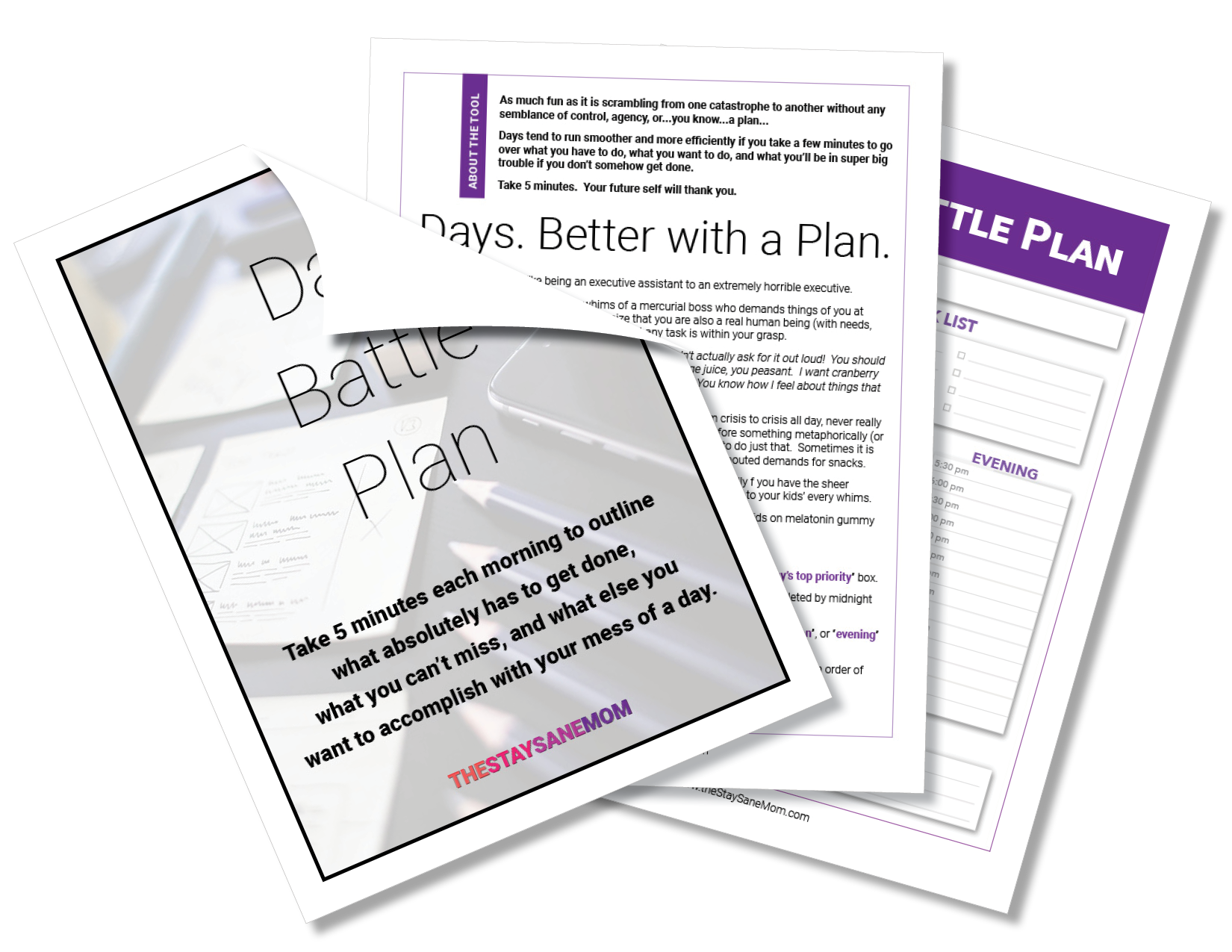What You Need to Know About Estate Planning for Young Families

What You Need to Know About Estate Planning for Young Families
Thinking about mortality is never easy, especially when we are young, full of energy, and enjoy parenting. However, planning for death or incapacity is essential for all families with minors.
Written by Alanna Luc | See Comments | Updated 07/27/2021
Want to cut to the chase?
Daily Battle Plan

What You Need to Know About Estate Planning for Young Families
This post contains some affiliate links for your convenience. Click here to read my full disclosure policy.
Thinking about mortality is never easy, especially when we are young, full of energy, and enjoy parenting. In fact, we accept death only as an unfortunate event that happens to others, not to us.
However, planning for death or incapacity is essential for all families with minors. Do you want your children to have enough money for basic needs, happy childhood, and education? Do you want to have a say in who will become their guardian and how to raise them if something happens to you? Then, do not postpone estate planning until it is too late.
Here are some things to consider for estate planning when you have a young family.
Many people mistakenly believe that estate planning is a privilege for the rich. In reality, you do not need to be wealthy to have an estate plan. And you must have an estate plan if you want your wishes to be respected and protect your family.
Here are the key aspects of estate planning you need to consider right away.
1. Obtain Life Insurance
Mortgage, childcare, and vacations drain our budgets. Quite often, young parents do not have more debts than savings. Now suppose either parent dies in an unfortunate accident. Will it be easy for the surviving parent and the kids to maintain their lifestyle?
Obtaining term life insurance is an affordable solution to create a money cushion for your family. Life insurance helps surviving parents provide for their children. If both parents die, life insurance will be a life-saving fund for children and their guardians.
2. Get a Will
A will is not only about the distribution of property on death. A crucial thing about a will is that parents can appoint guardians for minors there. Failure to nominate guardians may result in fights between family members. Eventually, the court will appoint a guardian, and you will have no say in this decision. Suppose you do not want your immediate family members to raise your children because they have no significant connection or live far away. Then be specific about your preferences in the will.
Another crucial thing about wills is that you can appoint an executor to manage and distribute your estate. If you fail to indicate your choices, the court will name an executor for you. Because the judge does not know your family situation and preferences, your estate may end up in the wrong hands. On the other hand, appointing a trustworthy person of your choice to act as an executor will give you peace of mind. Now you can rest assured that they will manage your estate for the benefit of your children and distribute your family property according to your instructions.
3. Trust for Minors or Disabled Children
Trusts for minors help preserve your kids' inheritance. While there are various complex trusts, trusts to protect children's estate on your death (i.e., testamentary trusts) are pretty simple. In many jurisdictions, you do not need extra paperwork for this. Instead, you can simply settle a testamentary trust for minors in a will. Establishing a trust, you dictate how to manage the kids' property. Also, you determine how much to pay the kids and their guardians for maintenance. Further, you decide when to distribute the inheritance.
Without specific trust provisions, trustees will supervise the kids' inheritance they find appropriate. This may or may not match your expectations. Settling a trust, you can designate reliable trustees. More importantly, you can establish your rules for investments and property management.
Through a trust, you can authorize additional spending beyond the children's basic needs. By default, trustees must preserve the property and not overspend funds. Otherwise, they may be accused of overstepping their duties. As a result, trustees will only pay for necessities and really basic maintenance of the kids. Therefore, when creating a trust, many parents choose to provide for extras expressly.
Trusts help parents postpone estate distribution or provide for staggered inheritance payments to children. By default, children will receive direct control over the whole inheritance at the age of majority. Consider that many kids are not ready to manage finances at such an early age properly. A trust allows us to set out when the kids are to receive our estate.
Settling a trust for disabled or spendthrift children is extremely important. Such trust serves as a fund to pay for the children's needs during their lifetime, manage the expenditures and maintain the lifestyle they are used to. Without a trust, you have limited tools to control and preserve the money you are leaving for their maintenance. If your child receives government assistance, a trust may help keep their entitlement to receive it. Without a trust, one can lose benefits from the government upon receiving a significant inheritance.
4. Direct Beneficiary Designations
You can appoint beneficiaries for some of your assets, such as registered savings and investment accounts. Also, you can designate beneficiaries for a life insurance policy. When you name beneficiaries directly with your financial institution or life insurance provider, such assets will be outside of your estate. As a result, they will go to the named beneficiary directly when you pass away. As a result, your beneficiary does not have to probate your will and may save time and money on this.
You may want to name children as your second-choice beneficiaries, with your spouse being your first choice. In this case, your spouse receives the designated asset if you pass away. If both parents die in a single accident, the assets will go to your kids as your second choice.
5. Address Incapacity
While planning for death is crucial, young families should also address unfortunate events of incapacity. For example, if you are in a coma, someone will need to manage your property for you and your family. Also, someone will need to take care of your kids and become their guardian. On the other hand, suppose you do not have a contingency plan in place. In that case, your family needs to go through a lengthy and expensive court process to become your trustees and guardians. It is also possible that the judge has a different view on managing your property and raising your kids.
The easiest way to avoid the uncertainty is to create documents authorizing your trusted people to manage your property and make personal decisions on your behalf and appointing guardians for your kids in case of capacity. A document naming someone to manage your property is called a durable power of attorney (or enduring power of attorney). A document designating someone to make your personal and healthcare decisions and to become a guardian for the kids is called a medical directive, personal directive, or living will.
As parents, we want our children to have a better life and enjoy their childhood. Still, we must plan for the worse and protect our family and our children's future if an unfortunate event happens to us. It is essential to take time and think of your estate planning options while you are healthy. When you have your plan in place, make sure to review it regularly. Your children grow fast, and your family situation changes. It is sometimes necessary to update your estate plan to reflect the life dynamics.
Start Your Next Step
Daily Battle Plan

Get Sanity, Delivered to Your Inbox.
Care to Share?
About the Author
Alanna Luc
Contributor






